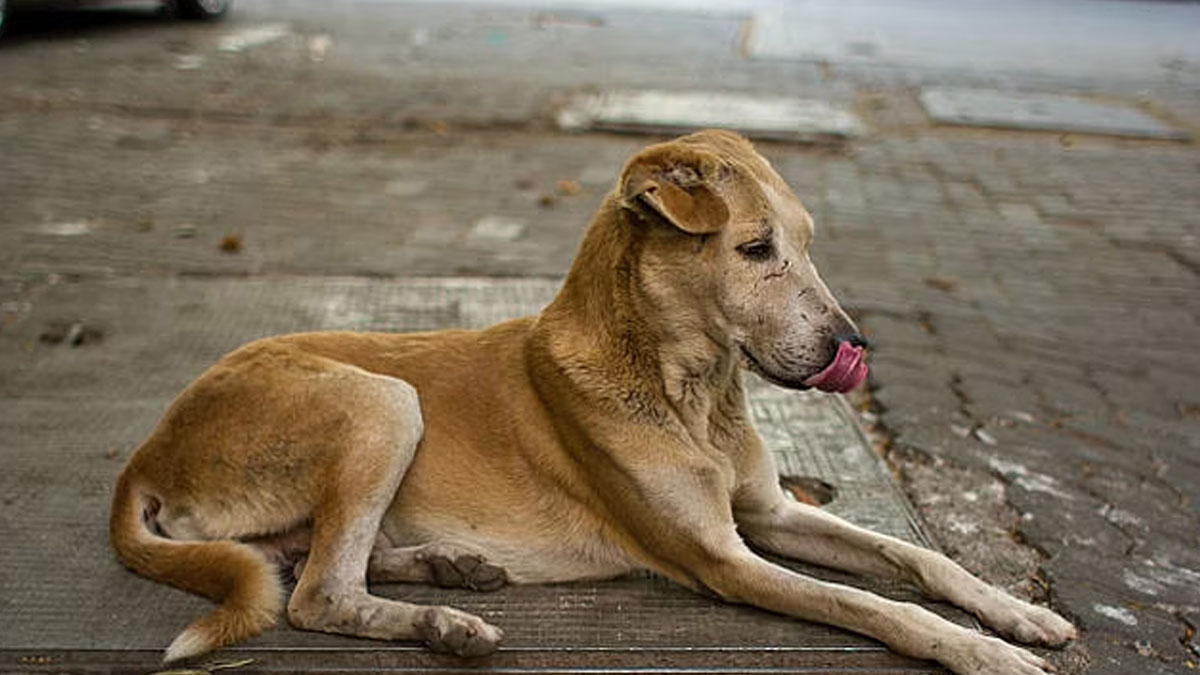
An increase in stray dogs has been noticed in parts of Navua, Suva and Nausori where abandoned dogs are seen in towns and areas searching for food and a place for shelter.
This is also becoming a major concern as they sometimes attack people and also live in unhygienic conditions.
The Permanent Secretary for Agriculture Vinesh Kumar says this is because people abandon their dogs when they become of no use to them or lose interest in owning a pet, while some pet owners are not exercising responsible pet ownership, that is, if you have a pet you need to ensure they are well fed and properly looked after.
He says owners need to provide them with the necessary veterinary care when needed if sick, and ensure that they are desexed to prevent them from reproducing and contributing to the stray dog population.
Kumar says the Ministry is working very closely with town and city councils together with animal welfare organisations such as the Society for Prevention of Cruelty to Animals and Animals Fiji in conducting ongoing awareness and trapping programs to capture and desex stray dogs at a local level while the stray animal team conducts awareness and trapping programs in response to public complaints.
He stresses that the Ministry also works with farmers and rural communities in addressing similar dog issues, however in these places, the dogs pose a threat to production animals such as goats, sheep and poultry.
The CEO further says under the Dog Act, all dogs above the age of 6 months should be licensed, the Ministry will be closely monitoring the relevant stakeholders where it has an ongoing stray dog desexing program or Trap, Neuter, and Release program conducted in the Central, Western, and Northern division with Ministry veterinarians conducting surgeries.
He also says if the Ministry vets are unavailable the stray dogs are desexed at private animal clinics such as Animals Fiji, SPCA & Vet Essentials.
Kumar says the Ministry has also collaborated and continues to work with the private sector in supporting and conducting desexing campaigns for both owned and stray dogs such as the outreach campaigns with SPCA and Suva City Council.
The Permanent Secretary also highlighted that the Ministry does not have permanent shelters for stray dogs therefore, they are captured, desexed and returned to the area it was captured from, or available for adoption.
He confirmed that desexing is still being conducted for stray dogs that are captured under the Ministry’s stray dog TNR program and are working closely with towns and city councils across Fiji.
Stay tuned for the latest news on our radio stations


